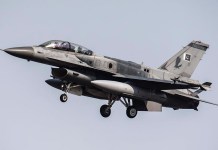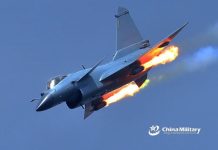Japan’s defense minister, Minoru Kihara, announced on October 4 that Tokyo will begin acquiring American Tomahawk cruise missiles in 2025, a year ahead of the initially anticipated schedule.
The announcement, aimed at bolstering the Japanese defenses in the face of a deteriorating security situation, was made after the Japanese minister met his American counterpart Lloyd Austin at the Pentagon.
The alliance would be strengthened by close collaboration, said Kihara, who was in the United States for the first time since being appointed defense chief last month.
Austin told Kihara, “This is a time of historic momentum in the US-Japan alliance. We support your government’s bold decisions to invest in advanced capabilities, including counterstrike, and to increase defense spending to 2% of Japan’s gross domestic product by 2027.”
Initially, Japan intended to purchase up to 400 Block V Tomahawk missiles in fiscal 2026 and into the following year. However, to prioritize speedier deployment, Tokyo reportedly chose to begin the purchase of the weapons a year ahead of schedule by swapping out up to half the missile units with an older variant, i.e., Block IV.
Japan announced last December that it set aside more than US$ 2 billion to procure US-made Tomahawk missiles for its naval destroyers as part of a historic defense buildup to deter China and North Korea.
Tomahawk missiles will provide Japan with counterstrike capabilities stipulated in the new defense policy unveiled in December 2022.
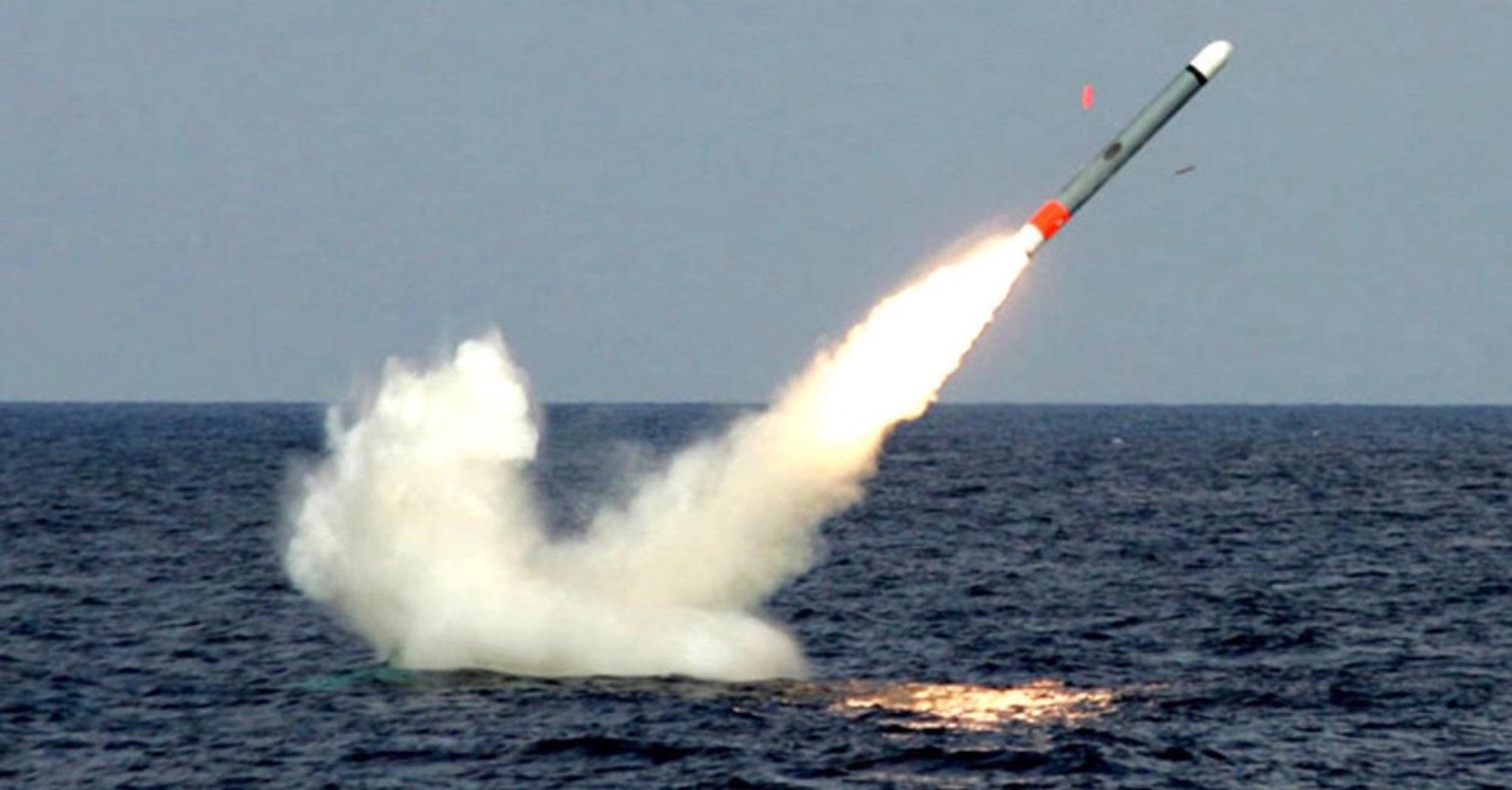
Although this is the first time in decades that Japan is accruing offensive capabilities, it contends that it can be justified as a kind of self-defense and that having the potential to attack enemy bases is permissible under the Constitution.
Reports in Japanese media indicated that the government had decided to upgrade all eight of its Aegis destroyers by fiscal 2027 so that they could install Tomahawk cruise missiles.
The Tomahawk purchases are part of a more significant strategy whereby Tokyo aims to spend around US$ 38 billion over the next five years on deploying missiles that can attack an enemy target from a great distance.
The range of a Block V Tomahawk cruise missile is 1,000 miles or more than 1,600 kilometers, making it an ideal weapon for Japan.
Although the Japanese Defense Minister did not cite the reason behind the decision to advance the purchase by a whole year, analysts have observed Tokyo’s efforts to improve its defense capabilities over the past year have been justified by the continuous Chinese military aggression in the region.
The threat perception included China’s joint patrols with Russia around Japan and the high number of Chinese incursions around the disputed Senkaku Islands.
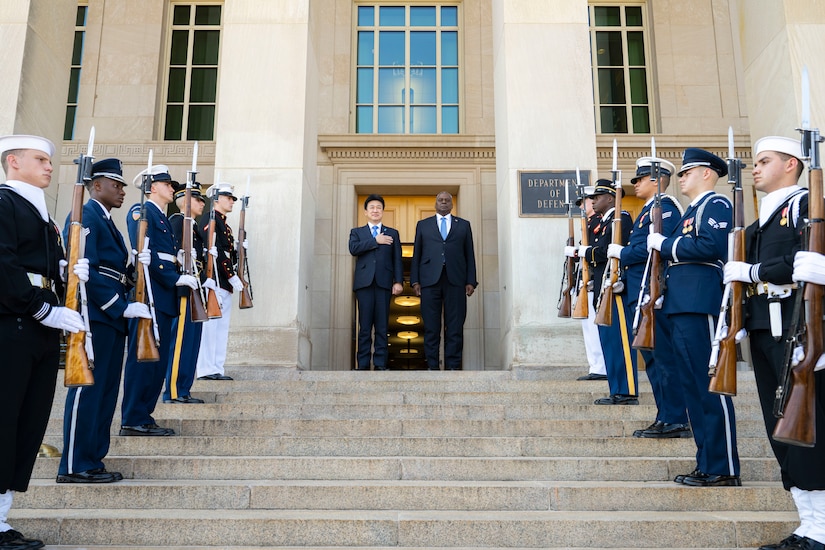
In the latest Pentagon meeting, US Defense Secretary Lloyd Austin reassured the Japanese Defense Minister by emphasizing that Article V of the Japan-US Security Treaty states the United States’ “ironclad” commitment to defend Japan, including the Senkaku Islands and other territories.
The Senkaku Islands, known as Diaoyu Islands by China, is a group of uninhabited islands in the East China Sea about 43 miles northeast of Taiwan and remains an object of dispute between Tokyo and Beijing. With China’s maneuvers along the Taiwan Strait, the security of Senkaku has also been called into question.
According to the Japanese coast guard, four Chinese government ships reportedly entered Japanese territorial waters near the disputed islands on September 15. According to Japanese broadcaster NHK, the raid is the 23rd Chinese incursion of 2023 and the first since August 23.
As soon as the news broke out, it caused ripples in Beijing. State-owned Global Times reported that Chinese analysts believe that while the US supports Japan’s rearmament.
The report said the US aids Japan in acquiring long-range attack capabilities to make it a more significant pawn against China. Japan wants to support the US in fighting China to achieve the “normalization” of its large-scale military expansion.
Song Zhongping, a Chinese military expert and TV commentator, told the Global Times: “If Japan dares to launch attacks on other countries at sea, its territory will also become a target for retaliation; therefore, Japan should not miscalculate and think that it can use weapons and equipment without facing consequences.”
Tomahawks Are Coming To Japan Ahead Of Schedule
Tomahawk cruise missiles are precision weapons that can hit targets precisely, even in well-guarded airspace. These missiles are launched from ships and submarines. The range of a Tomahawk cruise missile is 1,000 miles.
Tomahawk cruise missiles may destroy buildings and leave up to 20-foot-wide blast craters. They are powerful because they can transport a typical warhead that weighs about 1,000 pounds.
These long-range missiles were designed to travel at low altitudes and subsonic speeds, making it hard for radar to pick up. They can advance far into hostile areas.
The US possesses a stockpile of roughly 4,000 missiles, extensively employed in Libya, Syria, and Iraq. It’s anticipated that 100 will be used yearly for training and testing.
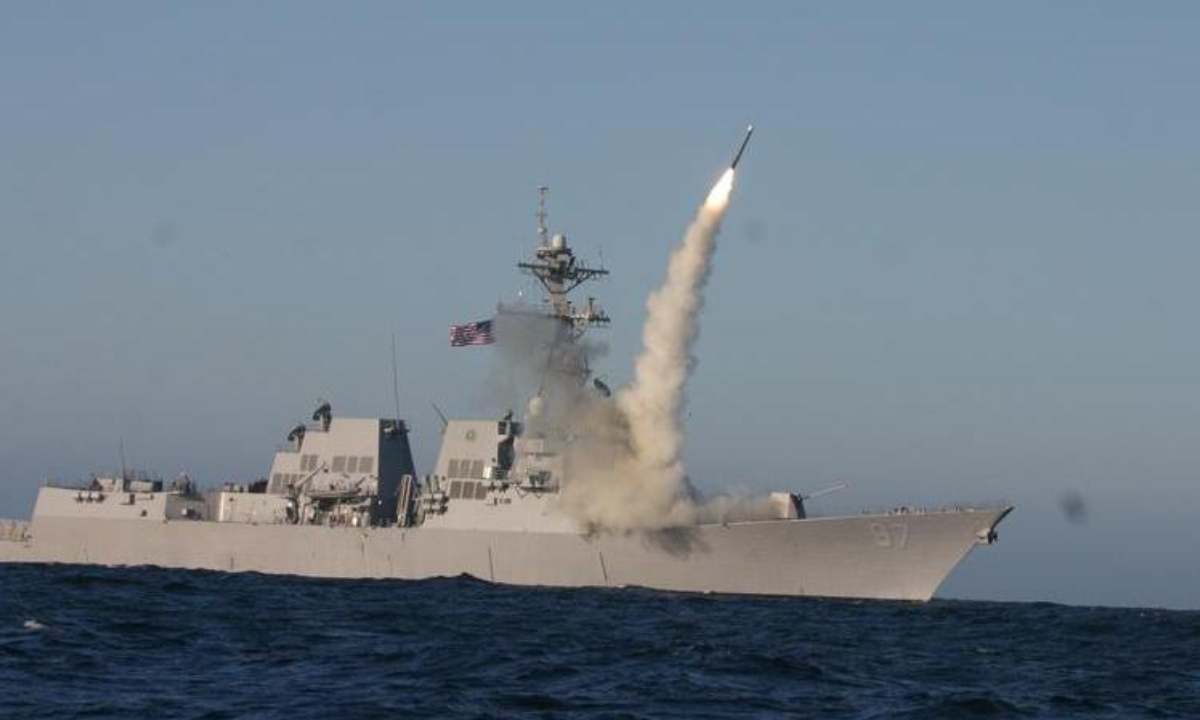
The UK is currently Tomahawks’ exclusive export market. Additionally, Australia has expressed interest in purchasing missiles that might be modified to launch from its present fleet of submarines. However, Japan’s bulk order has caught the attention of its regional adversaries.
The Block IV variant has a datalink embedded into it that allows switching targets while the missile is in flight and can loiter for a “prolonged duration.” In contrast, the Block V variant has next-generation technological advancements that allow the weapon to attack moving ships at sea while flying, hugging the ocean surface beyond the radar aperture of what opponents can detect.
For the JSDF, the Tomahawk will act as a “bridge” until locally-made missiles are launched. The Type 12 Surface-to-Ship Missile, created domestically, will be used by the MoD as a stand-off missile. The army, navy, and air force will use different versions of this missile.
According to the ministry, the ground-launched kind will be deployed in 2026, the ship-launched type in 2028, and the aircraft-launched type in 2030.
- Contact the author at sakshi.tiwari9555 (at) gmail.com
- Follow EurAsian Times on Google News

